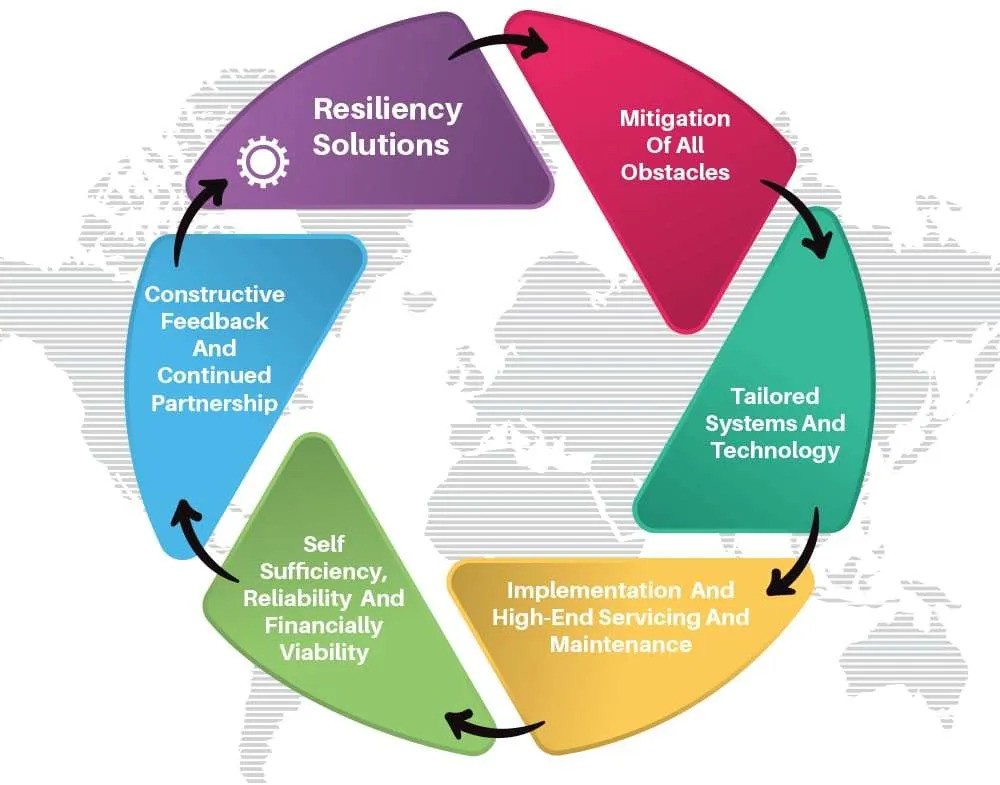Clean water and sanitation are fundamental human rights, essential for leading a dignified life. Beyond individual well-being, the availability and accessibility of clean water and proper sanitation play a pivotal role in fostering sustainable development worldwide. In this blog, we will explore the profound impact of clean water and sanitation on various aspects of sustainable development and the steps being taken to address the global challenges associated with water scarcity and inadequate sanitation.
Health and Well-being:
The most immediate and critical impact of clean water and sanitation is on public health. Access to clean water is crucial in preventing waterborne diseases, while proper sanitation facilities reduce the risk of infections. In communities where these essentials are lacking, the burden of illness can be overwhelming, affecting not only individuals but entire societies.
Education:
Clean water and sanitation directly contribute to improved educational outcomes. In many parts of the world, children, particularly girls, often miss school due to water-related chores or health issues resulting from poor sanitation. By providing schools with clean water and sanitation facilities, we empower children to attend school regularly, fostering a foundation for education and breaking the cycle of poverty.
Gender Equality:
The lack of clean water and sanitation disproportionately affects women and girls. In many cultures, women are responsible for water collection, often traveling long distances to access water sources. This not only consumes time but exposes them to safety risks. Access to clean water and sanitation reduces this burden, empowering women and promoting gender equality.
Economic Development:
Clean water and sanitation are catalysts for economic growth. Healthy and productive communities are better equipped to participate in economic activities. Adequate sanitation reduces the prevalence of waterborne diseases, resulting in a healthier workforce that can contribute more effectively to economic development.
Environmental Sustainability:
Sustainable development is inherently linked to environmental conservation. Clean water sources and effective sanitation practices help protect ecosystems by preventing pollution and preserving water quality. Responsible water management is key to ensuring that future generations inherit a planet with abundant and sustainable water resources.
Global Partnerships and Initiatives:
Addressing the challenges of clean water and sanitation requires a collaborative approach. Various global initiatives, such as the United Nations Sustainable Development Goal 6 (SDG 6), aim to ensure access to clean water and sanitation for all by 2030. Governments, non-governmental organizations (NGOs), and private sector entities are joining forces to implement projects and policies that promote sustainable water and sanitation practices.
Conclusion:
Clean water and sanitation are not merely basic needs but cornerstones of sustainable development. As the global population continues to rise, so does the demand for water resources. It becomes imperative for nations, communities, and individuals to adopt responsible practices that ensure the availability of clean water and proper sanitation for everyone.
Sustainable development is a collective responsibility, and by recognizing the vital role of clean water and sanitation, we can pave the way for healthier, more educated, and economically vibrant societies. Through concerted efforts and global partnerships, we can turn the tide towards a future where access to clean water and sanitation is not just a privilege but a universal right, contributing to a world that is more equitable, prosperous, and sustainable for generations to come.


No comments yet